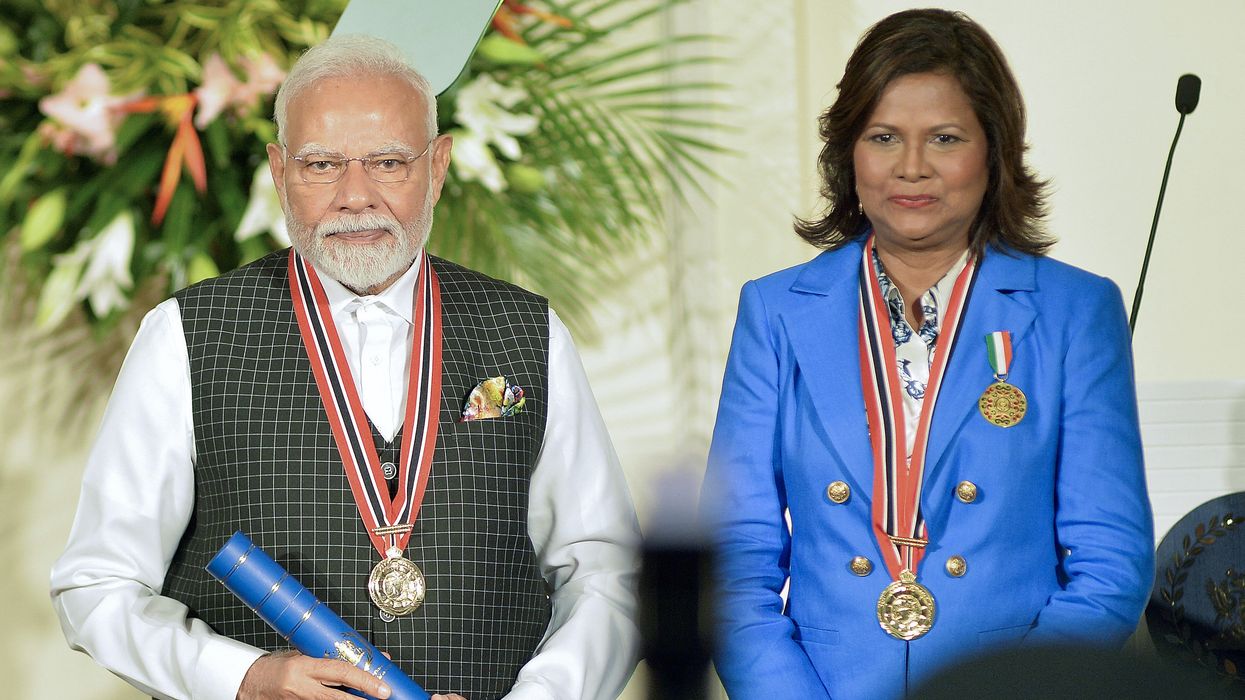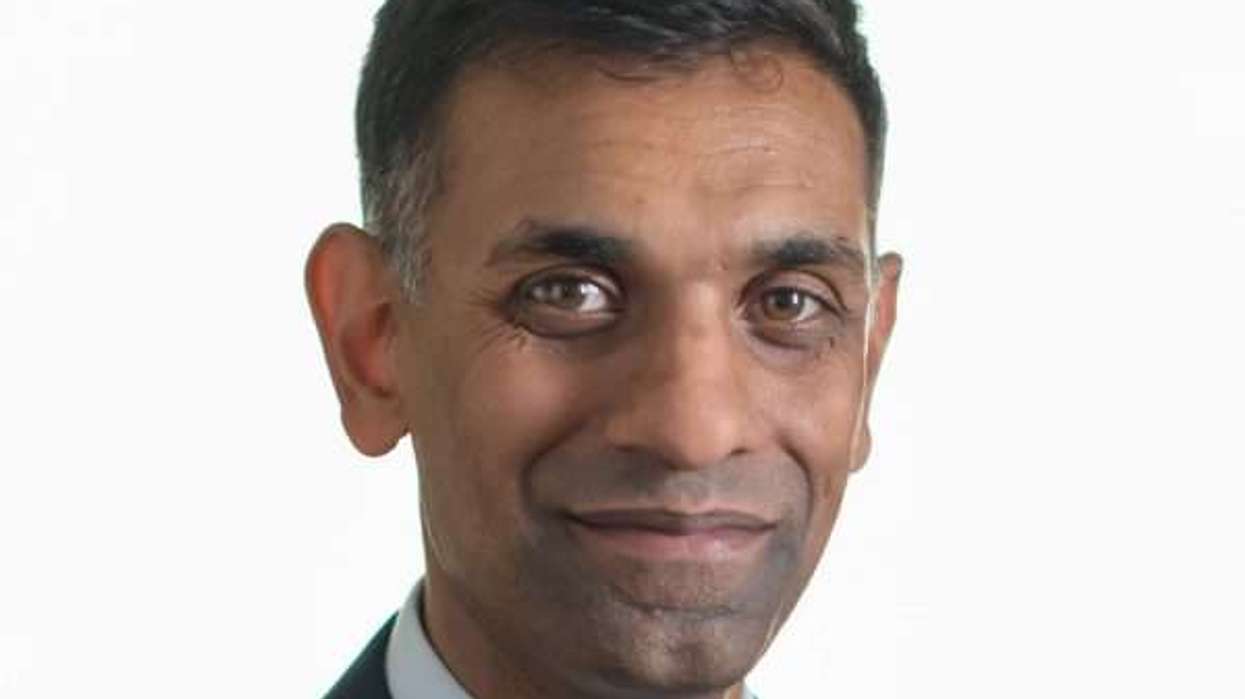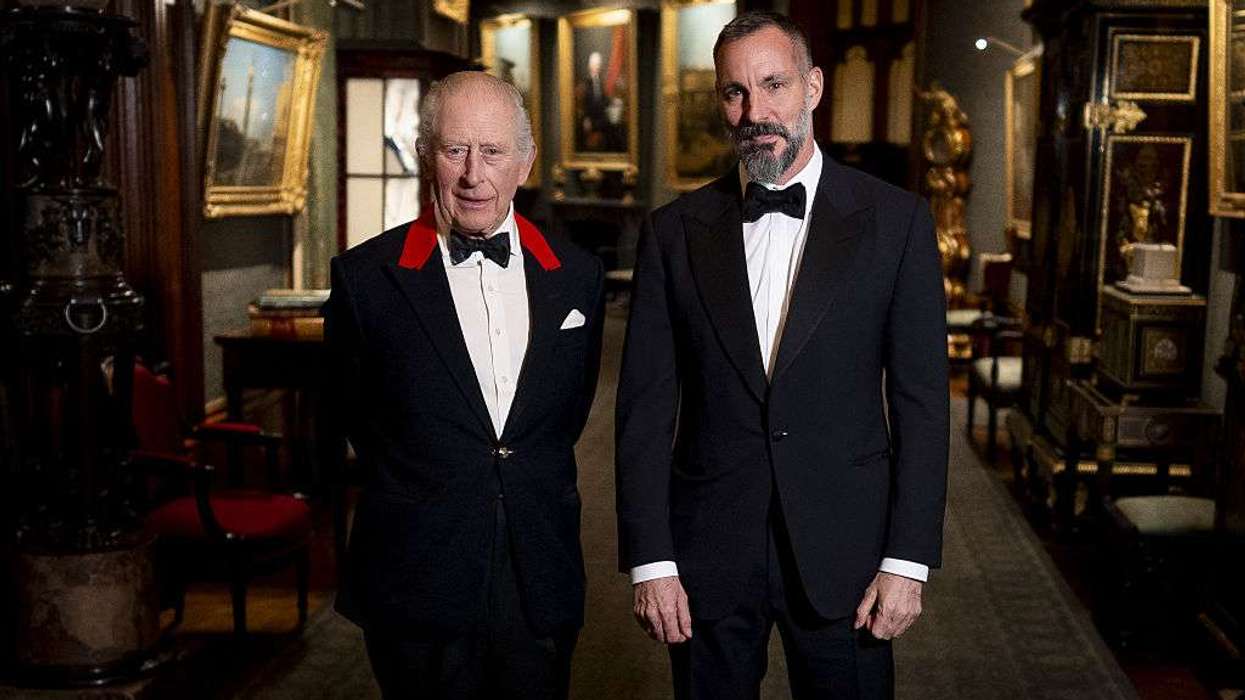INDIA’S prime minister, Narendra Modi met Argentine president Javier Milei in Buenos Aires last Saturday (5), urging the expansion of New Delhi’s preferential trade deal with South America’s Mercosur bloc.
The bilateral talks with Milei were the latest in Modi’s whistle-stop diplomatic tour culminating in the summit of Brics emerging economies which began last Sunday (6) in Brazil.
Diplomats from both countries at the meeting, which included a lunch, decided to “deepen bilateral relations and commercial ties,” according to a statement from the Argentine presidency.

India’s foreign ministry diplomat, Periasamy Kumaran, told reporters Modi “requested Argentina’s support in expanding the India-Mercosur preferential trade agreement.” The Mercosur regional trade bloc, comprising Argentina, Brazil, Paraguay, Uruguay and Bolivia, is seeking closer ties with Asian economies in the face of Trump’s global trade war.
“The two leaders discussed the necessity of diversifying and expanding bilateral trade” in sectors including defence, technology and health, said Kumaran.
They also touched upon cooperation in the energy sector, including gas and petrol, as well as lithium, a key mineral for the clean energy transition. Argentina is the world’s fifth largest producer of lithium, according to the US Geological Survey.
“Excellent meeting with president Javier Milei of Argentina,” Modi wrote on X of the leaders’ second bilateral talks.
“We have covered significant ground in our bilateral relations, but we agree that the journey ahead is even more promising!”
Modi last week visited Trinidad and Tobago which last Friday (4) bestowed its highest honour as the Indian prime minister seeks to strengthen New Delhi’s ties with the Caribbean and Latin America.
More than a third of the population in the country is of Indian descent.
President Christine Carla Kangaloo gave him the Order of the Republic of Trinidad and Tobago at a ceremony at president’s House in St Ann’s, just outside the capital Port of Spain – the first time a foreign leader was so honoured.
“This honour is a symbol of the deep and eternal friendship between our two countries,” Modi said, according to an official translation. Relations between India and Trinidad and Tobago date back to 1845, when indentured Indian labourers first arrived to work on sugar and cocoa plantations under British colonial rule, following the end of slavery.
Between 1845 and 1917, more than 140,000 labourers settled in the Caribbean nation. The Indian community is now the country’s largest ethnic group, at 35.4 per cent of the population of 1.4 million.
Modi described Kangaloo and prime minister Kamla Persad-Bissessar “the biggest brand ambassadors of this community.” “India and Trinidad & Tobago rose from the shadows of colonial rule to write our destiny of progress. Our nations stand tall as proud democracies and pillars of strength in the modern world,” Modi wrote on X.
“It’s high time we all work together to give the Global South its rightful seat at the high table.”
Modi last Thursday (3) visited Ghana, in a first by an Indian leader in three decades.
He outlined plans for deeper ties between India and Africa, as New Delhi increasingly vies for a stronger economic presence on the continent along with China and Russia.

In a speech to Ghana’s parliament, Modi highlighted a major rail project that opened in the west African nation last year, financed by the India Export-Import Bank.
He also underlined his country’s expanding diplomatic development and business footprint in Africa.
“Over 200 projects across the continent enhance connectivity, infrastructure and Industrial capacity,” Modi said. On the political front he welcomed “the establishment of Ghana-India Parliamentary Friendship Society in your parliament”.
In a meeting last Wednesday (2), Modi and Ghanaian president John Mahama agreed to deepen security and mining ties.
The Indian prime minister also last Thursday called for a greater global diplomatic role for both his country and Africa, warning that “the world order created after the Second World War is changing fast”.




